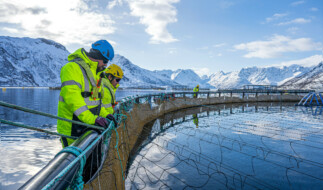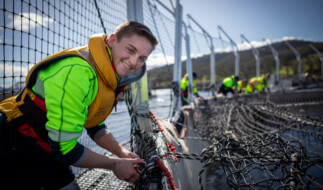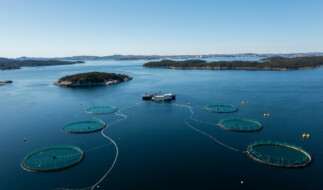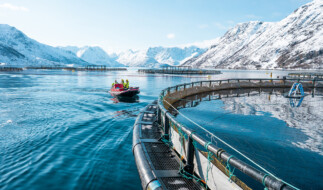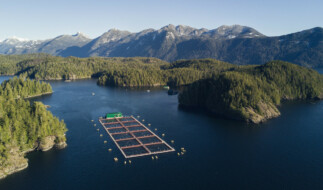If responsibly managed, aquaculture can provide eco-friendly and nutritious food while alleviating pressure on marine life and protecting ocean biodiversity.
The ocean is the major regulating force in the earth’s climate system and represents the largest carbon sink on the planet.
The world’s oceans are essential for life on our planet, but they are under threat from the effects of climate change, pollution, loss of biodiversity and unsustainable use. Safeguarding our oceans for future generations is a shared responsibility and a matter of global urgency.
As ocean farmers, we understand that the future of salmon farming depends on clean and healthy oceans where protection and production go hand in hand. To have healthy salmon, we need healthy oceans.
The Ocean Opportunity
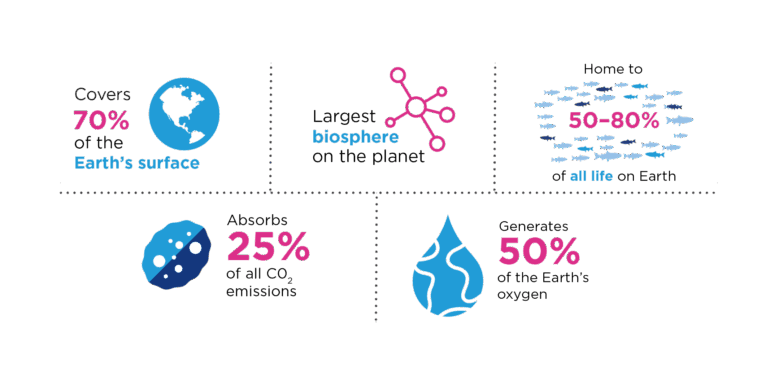
A responsible blue revolution for healthy oceans and healthy people
Land-based agriculture will not be enough to meet future food demands. Our planet is 70% ocean, yet only 17% of animal products consumed in the world come from the ocean. As the pressure grows to produce more food and the limits to traditional agriculture become more apparent, people will look to the oceans.
The Ocean Panel highlighted that if managed responsibly, the ocean can sustainably produce six times more food than it does today.
Current wild fish stocks are not able to fulfill the growing demand. We need to establish solutions to reverse trends of overfishing and restore wild stocks, without leaving a gap in demand for seafood. A sustainable supply of fish for consumption is therefore needed, and aquaculture can play an important role here but only if the industry continues to invest in improving its sustainability performance.
By scaling up aquaculture in a responsible manner, we can meet the growing demands for protein and fish, and alleviate pressure on wild fish stocks, allowing them to recover.
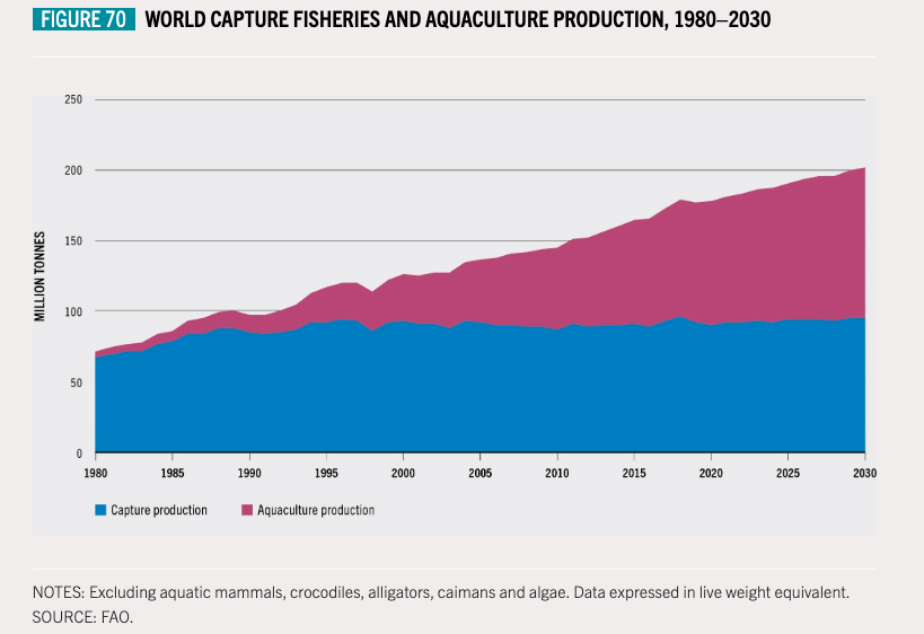
If responsibly managed, aquaculture can provide eco-friendly and nutritious food while alleviating pressure on marine life and protecting ocean biodiversity.
Like all farmers, salmon producers have a duty to rear their animals responsibly. Salmon farming is the most advanced form of aquaculture, but the industry recognizes that if it is to expand to meet demands in a sustainable manner, it must continue to improve its environmental performance.
Which is why as GSI members we are committed to continuous improvements in our environmental performance, and are using the ASC Salmon Standard as our reference point for sustainability improvements. You can track our progress in the GSI Sustainability Report.
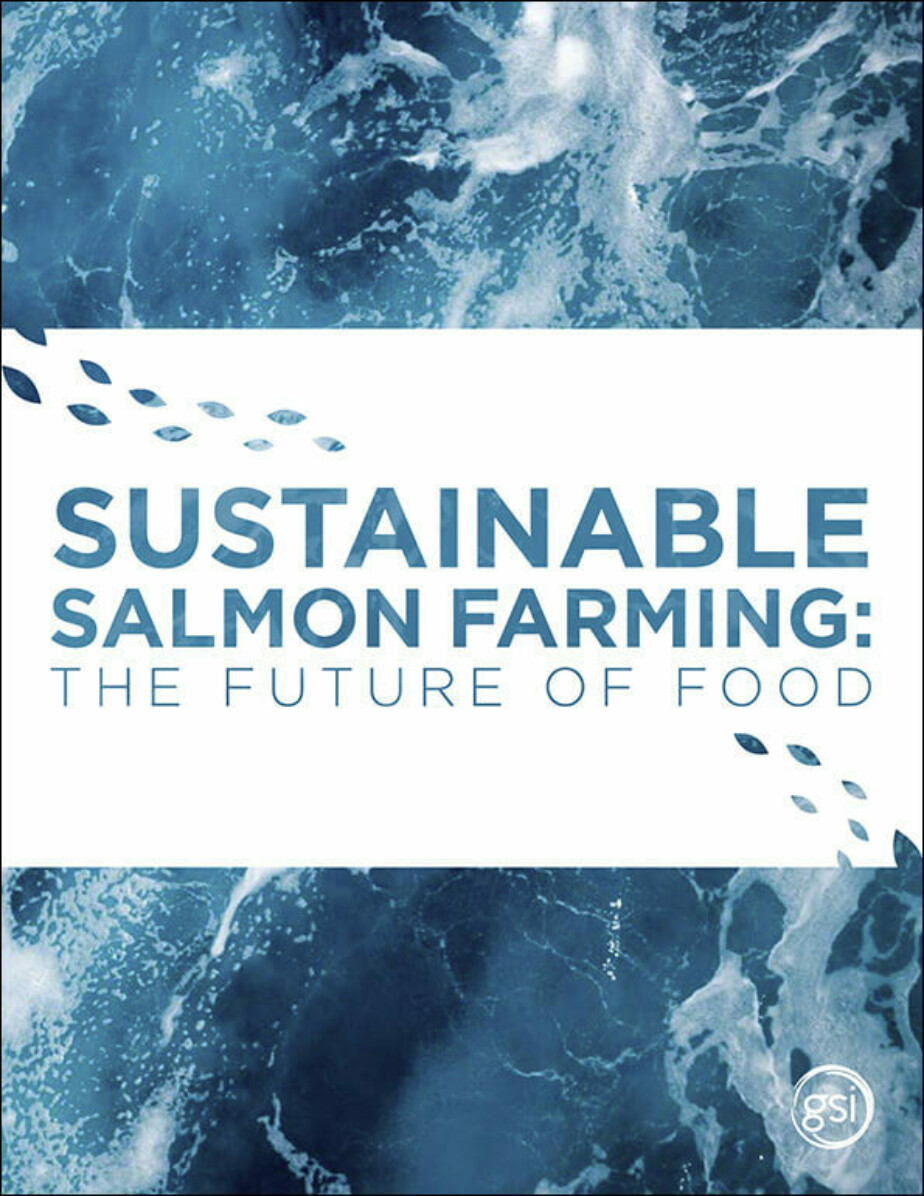
The GSI Handbook
Take a deeper look into the role farmed salmon can play in future food systems and the work we are doing to ensure our industry is adapting and improving at the speed and scale the world needs.
Read more